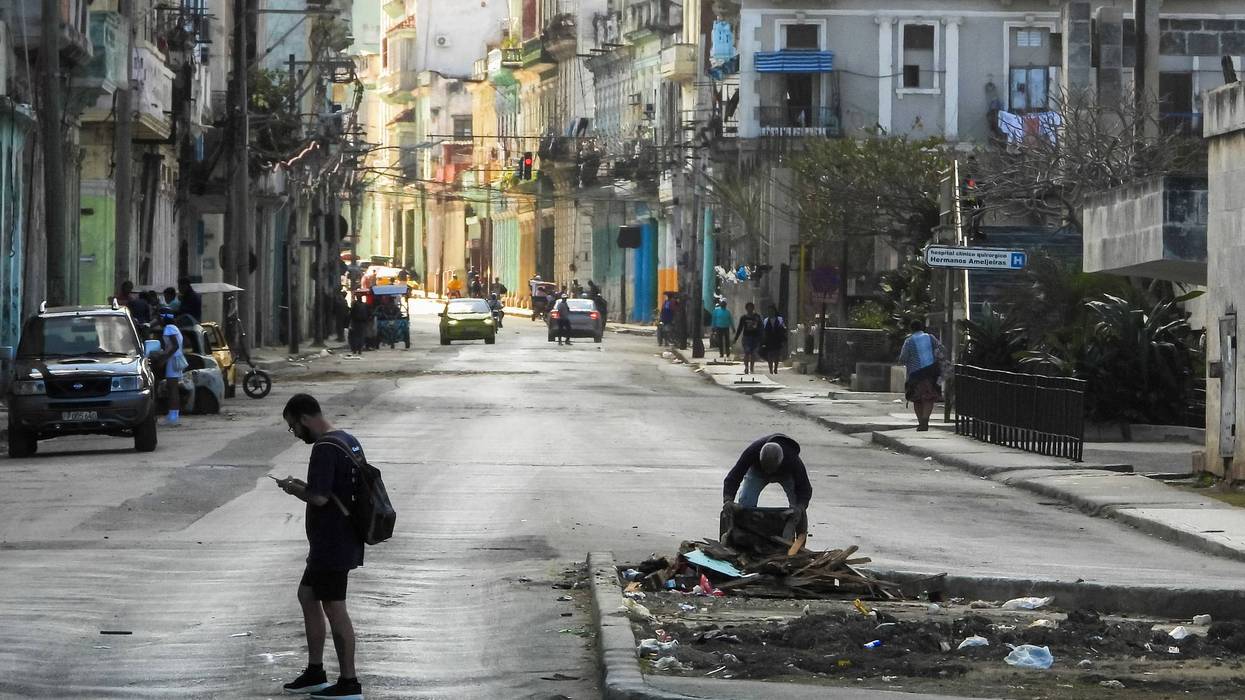Beyond Nuclear joins the chorus of voices calling for a peaceful resolution to the conflict in Ukraine, a situation that could become orders of magnitude worse should any of the country's 15 nuclear reactors suffer major damage due to military exchanges.
We are in an unprecedented situation, with, for the first time, a war happening in a region where there are operating nuclear reactors. This presents an extreme risk to human life unlike any we have seen in previous wars, even when traditional infrastructure has been bombed and destroyed.
The humanitarian tragedy is already enormous, with people fleeing, abandoning homes and businesses, with their lives upended and their safety and survival in jeopardy. However, should a major release of radioactivity occur due to the damage or destruction of any one of the country's 15 reactors, the scale of the disaster would escalate to unimaginable proportions, affecting populations well beyond the boundaries of Ukraine and Russia.
Military activity around the Chernobyl nuclear site and within the Exclusion Zone is also of great concern. Reports are coming in showing elevated rates of radiation stirred up by the presence of troops, tanks and heavy equipment moving through the highly radioactively contaminated region, which is closed to regular human habitation. In April 2020, when a major wildfire consumed the area, radiation levels rose by 16 times.
The occupation of the site by Russian military personnel, reportedly the result of a firefight at the plant site, is already a concern. This takeover has called a halt to all activities on the site, which houses a significant inventory of radioactive waste.
Any attack or accidental hit on the Chernobyl nuclear site is of even greater alarm. The new protective dome, euphemistically known as the New Safe Confinement building, that encases the exploded Unit 4's crumbling sarcophagus, is by no means impervious to damage.
Within this dome lie unstable slurries of radioactive liquids, sludges and sands containing uranium, plutonium and other radioactive wastes. As recently as last May, workers detected an unusual rise in neutrons in the wastes lying in the basement of the destroyed Unit 4, raising fears of a chain reaction or even an explosion. War activities in and around the Chernobyl site, therefore, are a reason for high concern.
The ISF2 (Interim Spent Fuel Storage #2 dry cask facility) at Chernobyl is also of serious concern. Its design, construction, management, and operation has been flawed from the start. Orano (formerly Areva) of France was effectively fired for the design and construction flaws. But serious problems have persisted even after Holtec International's takeover of ISF2 management. An irradiated nuclear fuel fire at ISF2, whether due to intentional attack or unintended accident, could result in catastrophic releases of highly radioactive wastes into the environment over a large region.
The 15 operating reactors -- located at Rivne (4), Khmelnitsky (2), South Ukraine (3) and Zaporizhzhia (6) -- are all vulnerable to catastrophic meltdown, even if they are not directly attacked or accidentally hit.
As at Fukushima, a loss of offsite power followed by a loss of onsite power could cause the workforce to lose control of the reactor. If cooling is lost, the reactor will heat up, the water level within the reactor core drops and the fuel rods are exposed. Explosive gases are released, as happened at Fukushima-Daiichi in March 2011, where we saw three reactor explosions. Should these gases find a spark, similar explosions could occur at one or more of Ukraine's reactors.
Of even greater concern are the fuel pools containing the irradiated fuel rods, and unprotected by the containment building. If a fuel pool is hit and either drains down or boils dry, exposing the fuel assemblies, fire is a real risk. Fuel pools contain far more radioactivity than the reactor itself and a fire would release even greater amounts of radiation.
A war zone could also create a dangerous environment for the nuclear workforce and their families, tempting some to evacuate. But a nuclear power plant, even under daily, routine operations, is not walkaway safe and cannot be abandoned. This presents a terrible, and sacrificial choice that should not have to be made.
The situation in Ukraine is unacceptable at a time when humanity should be coming together to take on our collective existential threat -- the climate crisis. The situation in Ukraine brings home all too clearly that nuclear power plants are a dangerous liability and certainly not a solution to the climate crisis.
We are thinking of those suffering as a result of this pointless and cruel war, and offer a list of organizations to which humanitarian aid donations can be made to help the innocent victims caught up in this senseless violence.





